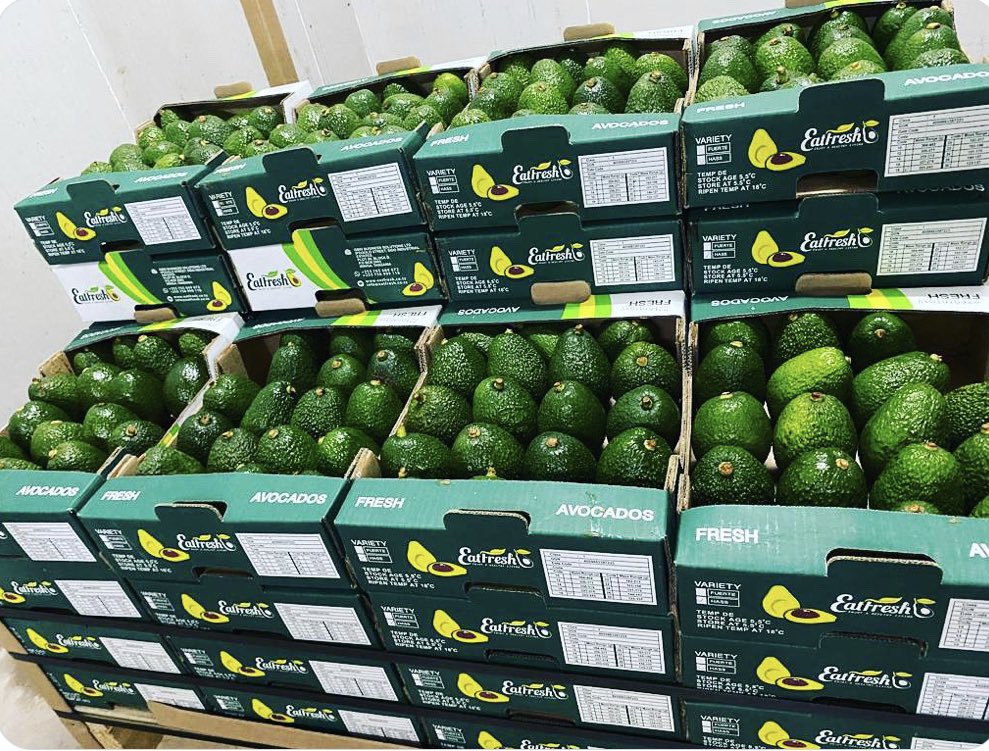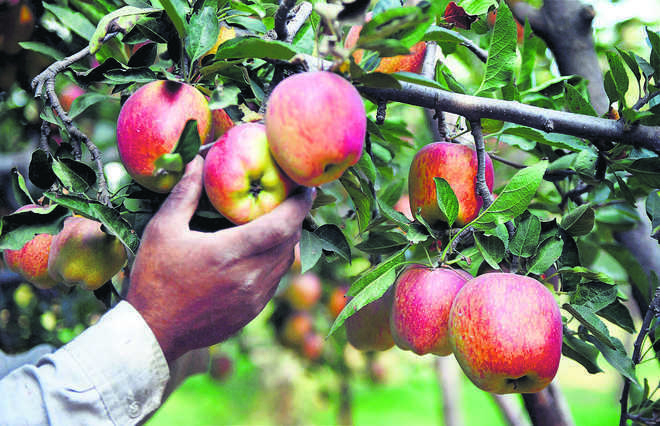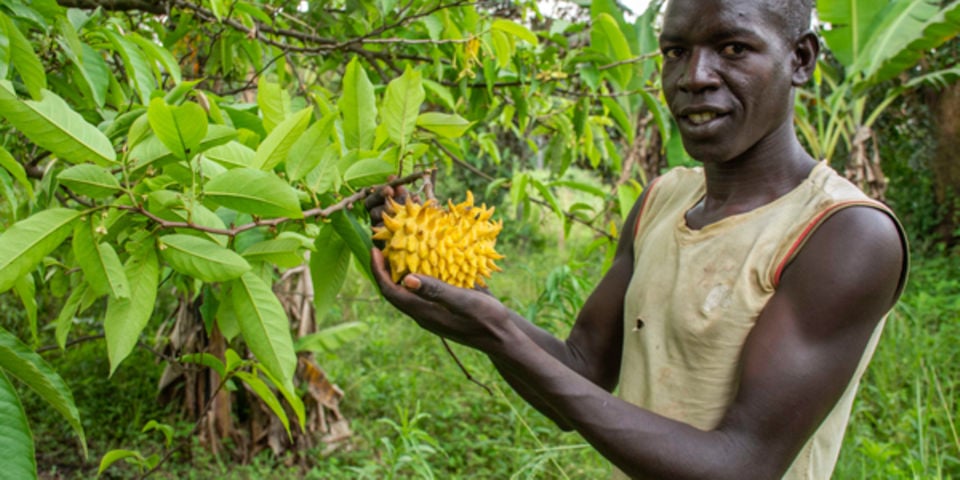In 2012, Mutheu Kithuma and her husband Charles Musau were operating Sayari Afrika Limited, a successful tours and travel company, when the idea of farming crossed their minds.
With the tours agency offering both local and international travel, the couple visited many destinations and were exposed to farming mainly through agricultural benchmarking trips they organised for clients.
“I was then dealing with the Ministry of Agriculture organising benchmarking trips to various countries and that is how we got exposed to farming,” Mutheu says.
The travel agency was thriving but with frequent al Shabaab attacks in the country, business went down, forcing the couple to look for a fallback plan.
“When we faced those challenges with our travel company we decided to diversify and that is how the idea of mango farming was conceived,” she says.
Armed with the exposure from benchmarking trips coupled with a passion for farming, savings and a loan from the Agricultural Finance Corporation, Mutheu and her husband set up Kibwezi Agro, an expansive mango farm tucked away in the sleepy village of Mwaani, one of the driest parts of Kibwezi.
In 2013, the couple closed down the tours agency they had run since 2000 and shifted their focus to the mango farm, making it their full time job.
Mutheu, an economist, is the managing director responsible for the day to day running of the farm.
Kibwezi Agro sits on a 180-acre piece of land, about 40km from Kibwezi town and borders Tsavo East National Park to the north. River Athi snakes on one side of the farm giving a picturesque view of its waning pale grey waters, which also acts as the main source of water for the farm.
“We require up to five million litres of water every day and it’s pumped from the river through a generator powered pump,” Musau explains.
The farm has thousands of mango trees, grown in neat, wide rows. Some trees are propped to prevent the sagging fruits from falling.
“We currently have 7,000 mature trees of the apple mango variety and 3,000 small ones. We chose mango farming because the hot climatic conditions here is favourable. Besides, the soil is very good. What you need is water,” he adds.
There are currently 40 staff working on the farm on a permanent basis. However during the high season the farm recruits between 60-70 casuals on a need basis.
The farm boasts an average of 1.4 million fruits per harvest and with the high season approaching, the couple is expecting a bumper harvest. A mature tree can produce between 300-400 fruits per season.
“We normally prefer the off-season period between August and September because the fruits fetch premium prices. The normal peak season for mangoes in Makueni is between December and February,” says Musau.
The off-season mango fruit goes for Sh35 while the high season fruit goes for between Sh25 to Sh15.
“Farming is a lucrative venture though it has its own challenges. I would urge other farmers to get financing and start farming to create food security and improve their livelihoods,” he advises.
The mangoes are grown for export markets mainly to Middle East countries like Dubai, Saudi Arabia and Syria.
“Kenya imposed a self-ban on exportation of mangoes to the European Union in 2014 due to the fruit fly menace and we hope to re-enter the market very soon,” Mutheu says.
She hopes that the Komesha Fruit Fly campaign launched last year in the county would help lift the ban to the lucrative European Union market.
“In Makueni, we have both the quality and quantity when it comes to mango production,” the managing director says.
Kibwezi Agro also acts as an anchor farm model for small-scale farmers in the region who market their fruits though the farm.
“For now, we have 27 farmers. We buy their fruits at competitive prices and sell them to the international market and our vision is to increase the number,” Mutheu says.
Although the farm is flourishing and a sight to behold, the couple has faced numerous challenges including lack of electricity, poor roads and lack of human capital.
“We use generators to run the pumps, which is very costly. We received quotations from Kenya Power for installation of electricity and the costs are prohibitive. We are, however, engaging them to see how the costs can be lowered,” Musau says.
Others challenges are pests, especially the fruit fly and high levels of toxicity of Athi River, which is the main source of water for the farm.
“We live in a sparsely populated area and human resource is a great problem. We border Tsavo and animals, especially elephants, cross over to the farm causing massive destruction,” Mutheu says.
Despite the challenges, the couple has big plans to increase the current trees from 10,000 to 50,000 in the next five years.
“The journey has been tough, though worthwhile. We are grateful for AFC for the sustainable financing. Our ambition is to establish our own fruit processing plant for value addition,” Musau says.
AFC managing director Lucas Meso says the institution has so far financed over 120 farmers in Makueni to the tune of Sh100 million for farming to help achieve the government’s Big Four agenda on food security.
Edited by Henry Makori





